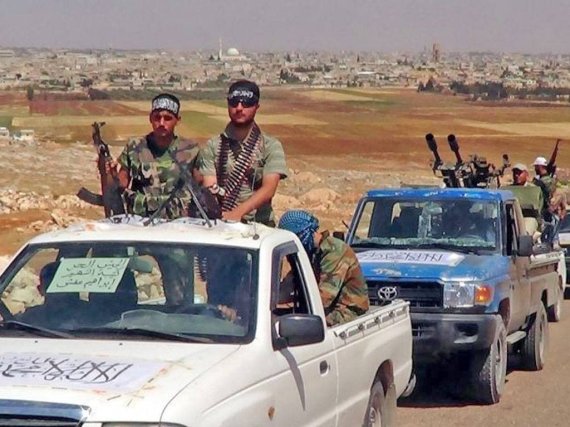‘We left a bit late but just on time’, says Niane, remembering the evacuation from Aleppo. 54-year old Niane, who comes from Senegal and has worked for 25 year at the International Center for Agricultural Research in Dry Areas (ICARDA) in Syria, had to leave the research station in March 2012. Soon after that all the expatriate staff were evacuated from the headquarters of ICARDA, 35 kilometres from Aleppo.
The situation in Aleppo, where the ICARDA staff lived, became more and more dangerous, says Niane. Moreover, some facilities at the institute, including 120 field trucks and cars, air conditioners and computers, got lost. As a consequence ICARDA decided to temporarily relocate its core staff from the country.
But ICARDA still maintains some vital activities at the 1000 ha size research station. The local staff is still working in the station. The institute isn’t disrupted, the infrastructure is intact’, says Niane. The gene bank in Aleppo is still operating, although the germplasm has also been duplicated for security reasons and stored in several gene banks abroad.
All the international staff has been relocated at the regional research centres of ICARDA in for instance Jordan, Morocco, Ethiopia and Egypt. Niane and his colleagues of the Seed Section were stationed in Lebanon. They left a compound with one thousand hectares of high quality land with for instance a veterinary lab, a milk processing factory and a gene bank.
Considering the scale and the nearness of the civil war, the casualties could have been much greater. But things are worse in the study area of Abdoul Niane. He examined the impact of grazing by sheep on the plant community composition in northern Syria. ‘Two towns in the area where I did my thesis research are completely destroyed. That must have caused many casualties. They had just invested in rehabilitation of the rangelands. I guess these investments went up in smoke too.’

